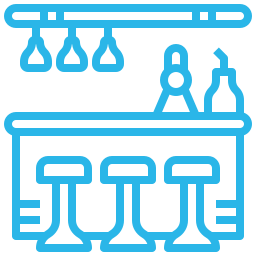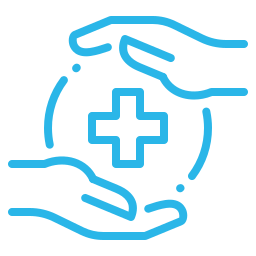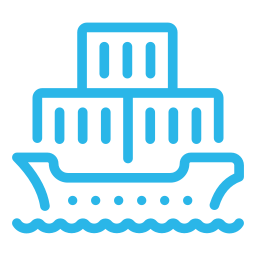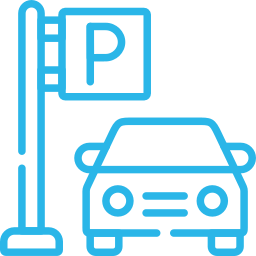AGP Healthcare Security Services in California
At AGP, we believe that healthcare security matters. Health care hospitals, clinics, and nursing homes must ensure their safety and well-being. We protect and ensure the safety of patients, employees, visitors, and the property.
We believe in stopping problems from arising.
Why is security important in health care?
The safety in healthcare will ensure that people and property are safe. Hospitals and nursing homes are establishments that contain expensive equipment, critical data, and vulnerable patients.
They need protection from theft, harm, and emergencies. Security also creates a safe space for doctors, nurses, and visitors.
AGP Healthcare Security Services
AGP provides high-class solutions to protect healthcare facilities. We design bespoke solutions for your specific needs.
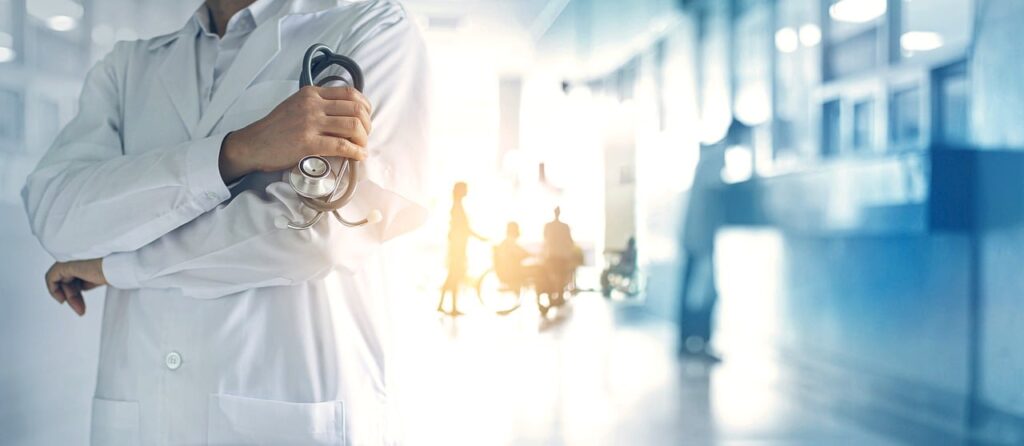
1. Hospital Security
Hospitals are busy and need strong protection to ensure safety for everyone.
- Our Approach:
- Place trained security guards at entrances and parking areas.
- Use security cameras to monitor every corner.
- Respond quickly to any potential risks.
- Ensure the safety of staff, patients, and visitors.
- Our Approach:
2. Security in Nursing Homes
Nursing homes require extra care to protect elderly residents. We provide reliable security solutions for these facilities.
- Our Focus:
- Control and monitor who enters and exits.
- Install cameras to oversee the property.
- Train staff to handle emergencies effectively.
- Maintain a secure and calm environment for residents.
You should consider continuous 24-hour surveillance if your business:
- Operates in a high-risk area prone to theft or vandalism
- Requires constant monitoring of valuable assets or sensitive information
- Needs to ensure the safety of employees, clients, and visitors at all times
- Is open 24/7 and needs round-the-clock security coverage
3. Healthcare Security Officers
Our officers are specially trained to manage safety in healthcare settings.
- How We Help:
- Stop threats like theft and trespassing.
- Safeguard equipment and confidential records.
- Assist in medical emergencies.
- Collaborate with healthcare staff to ensure safety.
4. Healthcare Security Systems
Technology plays a key role in securing healthcare facilities. AGP offers advanced systems to meet your needs.
- Key Features:
- Cameras that monitor your facility 24/7.
- Alarms to warn about emergencies.
- Access controls to secure restricted areas.
- Tools to protect equipment and sensitive information.
5. Safety and Security for Patients
Patients need a safe environment to recover. AGP ensures their protection at all times.
- What We Provide:
- Control access to prevent unauthorized entry.
- Protect patient privacy and medical information.
- Maintain peace and safety throughout the facility.
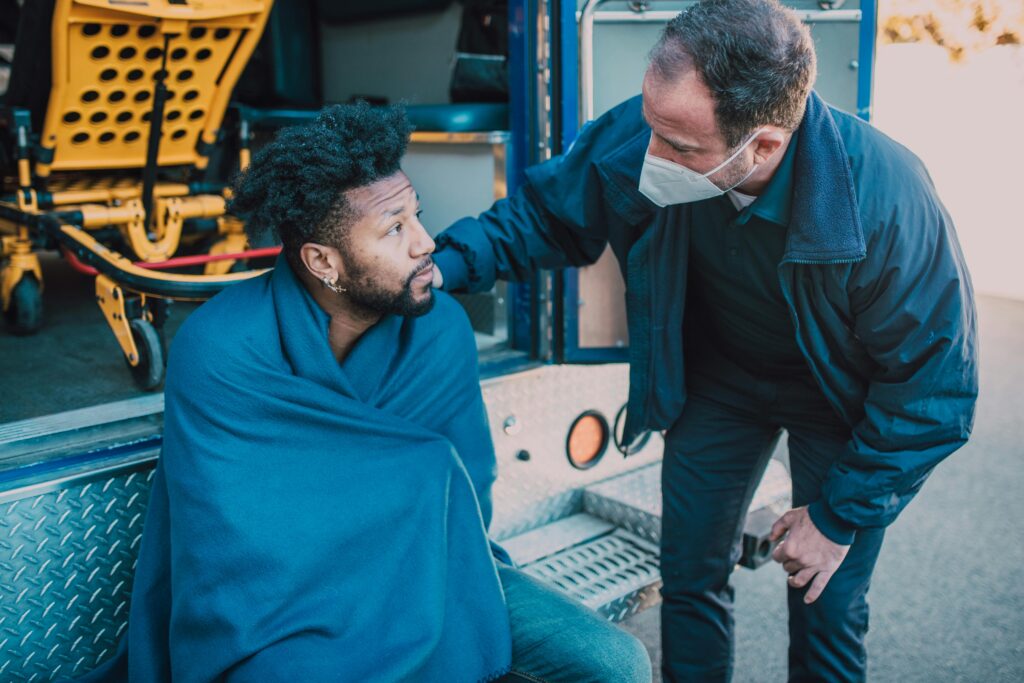
6. Healthcare Managed Security Services
We handle all security needs for healthcare facilities, ensuring everything runs smoothly.
- Services Included:
- Customized security plans for clinics and hospitals.
- Round-the-clock monitoring with cameras and alarms.
- Full protection for staff, patients, and property.
7. Healthcare Surveillance Systems
Our surveillance systems help you stay informed about your facility’s safety.
- Benefits You Get:
- Real-time video monitoring.
- Recorded footage for reviewing events.
- Instant alerts when something unusual happens.
8. Loss Prevention Services
Theft and accidents can cause big losses in healthcare facilities. AGP helps prevent these issues.
- Solutions Offered:
- Identify risky areas and fix them.
- Watch over the facility with security systems.
- Train staff to prevent losses effectively.
9. Executive Protection for Healthcare Leaders
Healthcare leaders may need extra security. AGP provides protection tailored for them.
- What We Ensure:
- Keep executives safe during travel and meetings.
- Plan secure routes and schedules.
- Train our team to handle any threats.
10.Securing Medical Equipment and Supplies
Expensive medical equipment and supplies are often targeted by thieves. AGP protects these assets with advanced measures.
- Protection Strategies Include:
- Security tags for portable equipment.
- Cameras to monitor equipment storage areas.
- Alarms to detect tampering or theft attempts.
11. Emergency Response Training
Preparedness can save lives during emergencies. AGP trains healthcare staff to handle unexpected situations.
- Training Programs Include:
- How to act during fire, theft, or violent incidents.
- Steps to evacuate patients and staff safely.
- Use of security equipment like alarms and cameras.
- Why This Matters:
- Reduces panic during emergencies.
- Keeps everyone calm and focused.
- Ensures quick action to minimize damage.

Why Choose AGP for Healthcare Security?
AGP is a trusted name in California for healthcare security. We focus on keeping healthcare facilities safe and secure.
- Expert Team: Our professionals know how to protect healthcare facilities.
- Custom Plans: We design security solutions that match your needs.
- Comprehensive Coverage: From guards to advanced technology, we provide total protection.
- 24/7 Support: We monitor your facility around the clock.
- Modern Tools: We use cutting-edge technology to ensure safety.
Contact AGP for Healthcare Security Services
Do you need healthcare security in California? AGP is ready to help. We safeguard hospitals, nursing homes, and clinics with care and precision.
Reach out to us today to learn how we can keep your facility safe. Let AGP be your partner in building a secure and safe healthcare environment for all.




